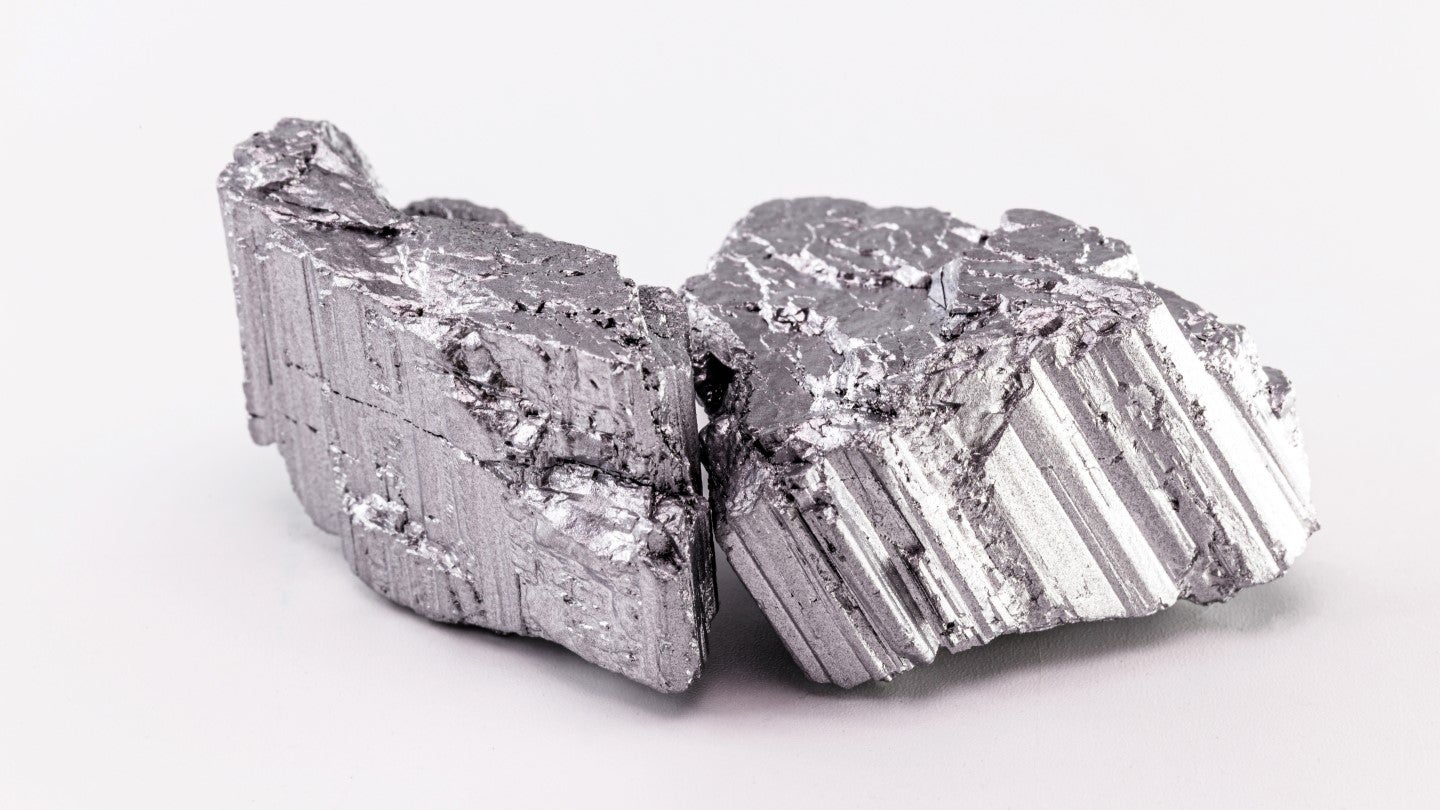
Energy Fuels has reached a non-binding memorandum of understanding (MOU) with Astron to develop the Donald mineral sands project in Victoria, Australia.
Through the partnership, Energy Fuels aims to secure supply of rare earth (RE) minerals with estimated 7,000 tonnes of rare earth-bearing monazite sand, annually from 2026.
There is also a potential to double the output soon after. Energy Fuels stated that it is focused on creating a US-based supply chain for critical minerals, reducing reliance on China.
The Donald project is a significant mineral deposit poised to provide Energy Fuels with a steady source of monazite sand for rare earth element concentrate (REEC) processing.
This processing will take place at Energy Fuels’ White Mesa Mill in the US state of Utah, where the concentrate will be processed into REE oxides and other advanced REE materials and to recover contained uranium.
The MoU grants Energy Fuels exclusive rights to conduct due diligence and negotiate definitive agreements until 1 March 2024.
This project aligns with US policies to secure domestic REE supplies and support clean energy initiatives.
Energy Fuels’ proposed A$180m ($123m) investment in the project is expected to yield between 7,000 and 14,000 tonnes of REEC per year, containing between 4,000 and 82,00 tonnes of total REE oxides (TREO). The project is expected for commissioning and ramp up in 2026.
The annual quantity will translate to between 850 and 1,700 tonnes of neodymium-praseodymium (NdPr) oxide, 70 and 140 tonnes of dysprosium (Dy) oxide and 12 and 25 tonnes of terbium (Tb) oxide.
It could also yield between 50,000 and 100,000 pounds of low-cost recoverable uranium annually.
This output is expected to support the production of up to 1.4 million electric vehicles annually. The uranium recovered from the project can also be supplied to US nuclear industry to support the generation of carbon-free electricity..
The MoU outlines the formation of a joint venture to mine and process heavy mineral concentrate (HMC) and REEC. The company aims to invest A$180m to earn a 49% stake in the venture, while Astron will retain 51% stake in the project and also manage its operations.
This agreement includes an offtake arrangement for Energy Fuels to purchase 100% of the REEC produced.
Energy Fuels president and CEO Mark S. Chalmers said: “Energy Fuels is working to secure future large-scale in-situ rare earth element projects around the world, which we expect to become low-cost sources of feed to supply our U.S.-centric REE supply chain in the coming years. Earlier in 2023, we acquired the Bahia Project in Brazil, and now we are working toward partnering with Astron on the Donald Project in Australia.
“Energy Fuels’ goal is to source monazite from the US and around the World and become a reliable, globally diversified, multi-decade supplier of U.S.-produced magnet REE oxides to EV manufactures and other end-users. Our announcement today should help people ‘connect-the-dots’ to better understand the magnitude of our burgeoning REE business strategy.
“We are earning into an essentially ‘de-risked’ heavy mineral sand project that is in Australia, has many years of detailed resource and project evaluation, and has all the main regulatory approvals in place or well-advanced.”
Besides the Donald Project, Energy Fuels has acquired the Bahia mineral sand project in Brazil, further expanding its monazite supply.
This combined output from both projects is anticipated to position Energy Fuels as a key player in the supply of low-cost REEC, NdPr, heavy REEs, and uranium for the foreseeable future. The company also plans to continue exploring global opportunities to secure monazite concentrates.



